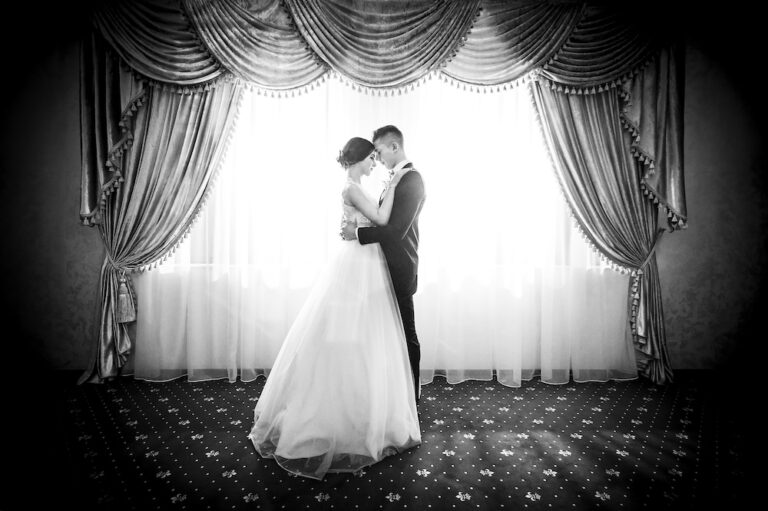Future simple phrases
The Future Simple tense in French (“le futur simple”) is the equivalent of the English future tense that uses the words “will” or “won’t.” Eg “I will go to the park; They won’t go to the shop.”
The Future Simple is used less frequently than the English equivalent, because it is acceptable to use the present tense in French, as long as it is not too far in the future, and as long as you specify when. Eg “I see you tomorrow” (je te vois demain) uses the present tense, it is not referring to sometime next year, and it specifies when this will happen (tomorrow).
Here are some common phrases that use the future simple in French:
- On verra – We’ll see (literally “one will see”)
- Ça ira – It will be fine (literally “it will go”)
- Il y aura – There will be (literally “it there will have”)
- Je ferai de mon mieux – I’ll do my best (literally “I will do of my best”)
- Nous serons là à temps – We’ll be there on time (literally “we will be there at time”)
- On en parlera plus tard – We’ll talk about it later (literally “one of it will talk more late”)
- Tu comprendras quand tu seras plus grand – You’ll understand when you’re older (literally “you will understand when you will be more big”)
Usage examples:
1. On verra (We’ll see)
- Usage context: Used to express uncertainty or deferral of a decision.
- Example:
- Maman, est-ce qu’on ira au parc cet après-midi ? (Mum, will we go to the park this afternoon?)
- On verra, ça dépendra du temps. (We’ll see; it will depend on the weather.)
2. Ça ira (It’ll be fine / It’ll work out)
- Usage context: Expressing reassurance or confidence that things will be okay.
- Example:
- Je suis stressé pour mon examen demain. (I’m stressed about my exam tomorrow.)
- Ne t’inquiète pas, ça ira. (Don’t worry, it’ll be fine.)
3. Il y aura (There will be)
- Usage context: Used when talking about future events or conditions.
- Example:
- Il y aura beaucoup de monde à la fête ? (Will there be a lot of people at the party?)
- Oui, presque tout le village sera là ! (Yes, almost the whole village will be there!)
4. Je ferai de mon mieux (I’ll do my best)
- Usage context: Expressing commitment or effort, often in a situation requiring reassurance.
- Example:
- Tu peux réparer mon vélo avant demain ? (Can you fix my bike before tomorrow?)
- Je ferai de mon mieux, mais je ne promets rien. (I’ll do my best, but I can’t promise anything.)
5. Nous serons là à temps (We’ll be there on time)
- Usage context: Reassuring punctuality, often in a logistical context.
- Example:
- Le film commence à 20h. Vous serez là à temps ? (The movie starts at 8 PM. Will you be there on time?)
- Oui, ne t’inquiète pas, nous serons là à temps. (Yes, don’t worry, we’ll be there on time.)
6. On en parlera plus tard (We’ll talk about it later)
- Usage context: Deferring a discussion to a more appropriate time.
- Example:
- Papa, je peux avoir un nouveau téléphone ? (Dad, can I have a new phone?)
- On en parlera plus tard, d’accord ? (We’ll talk about it later, okay?)
7. Tu comprendras quand tu seras plus grand (You’ll understand when you’re older)
- Usage context: Often said to children to explain why certain concepts or decisions might not make sense to them now.
- Example:
- Pourquoi je ne peux pas regarder ce film avec toi ? (Why can’t I watch this movie with you?)
- Tu comprendras quand tu seras plus grand. (You’ll understand when you’re older.)






